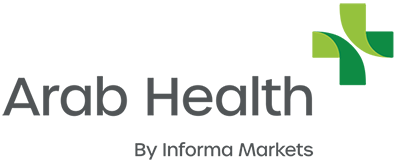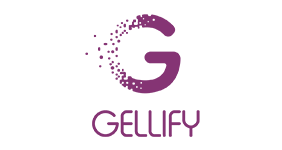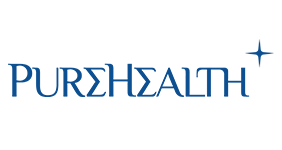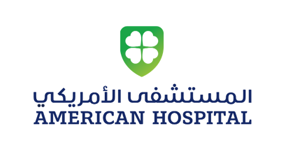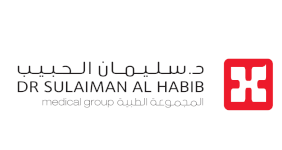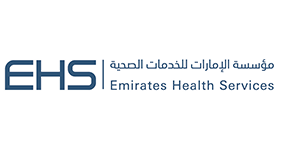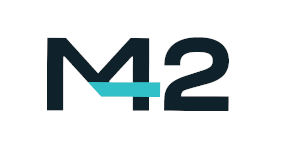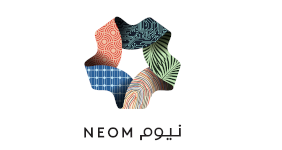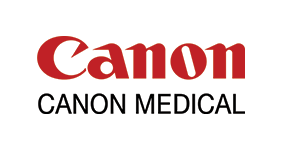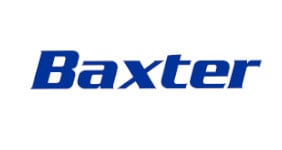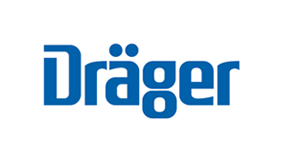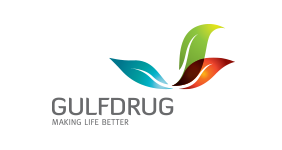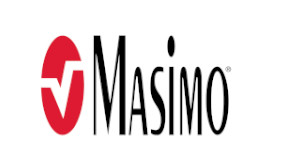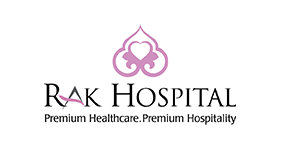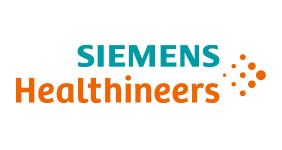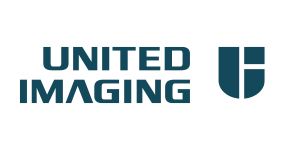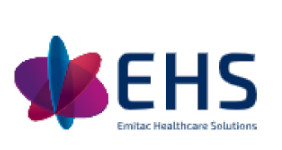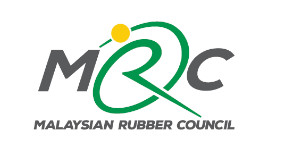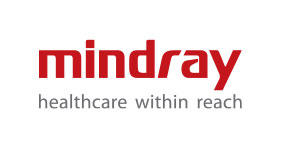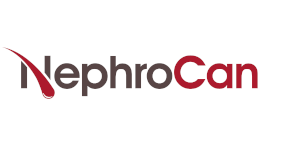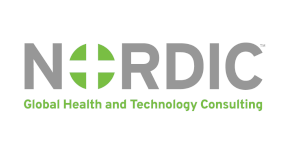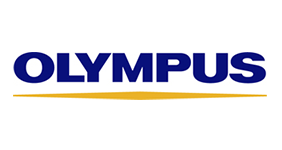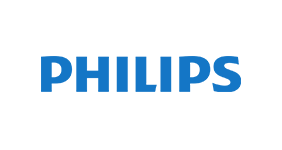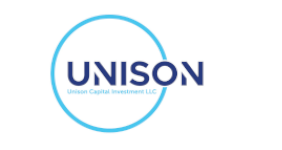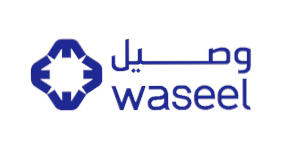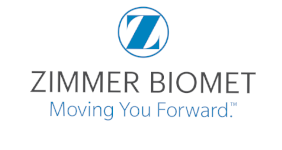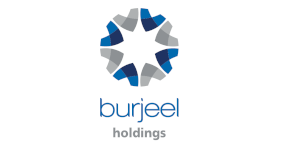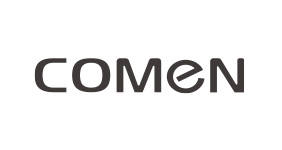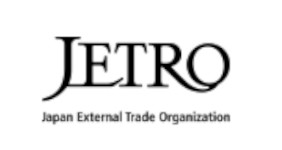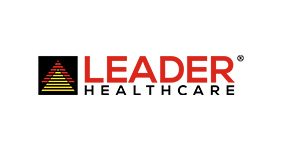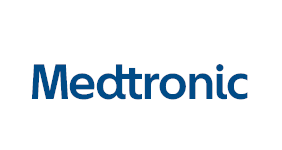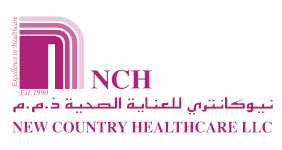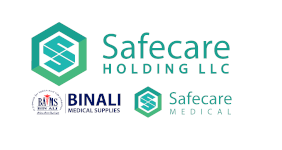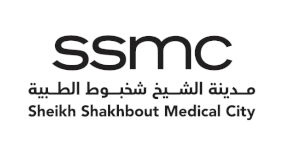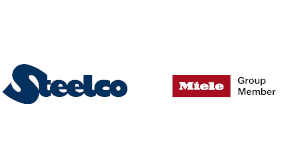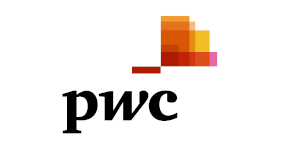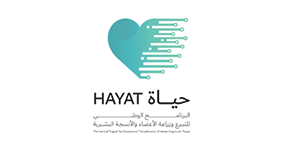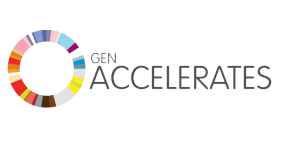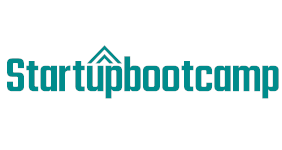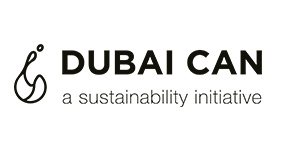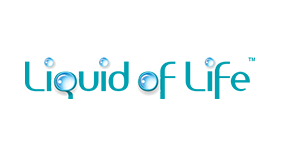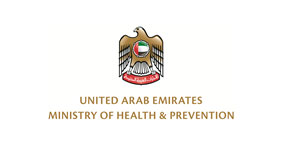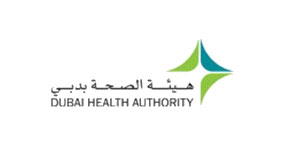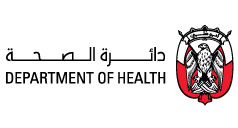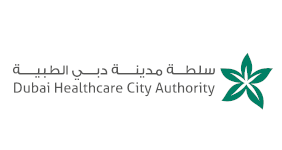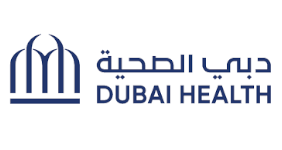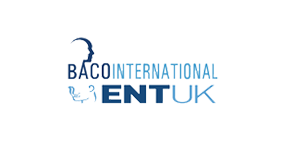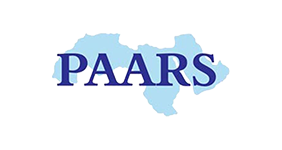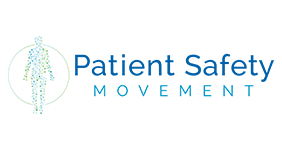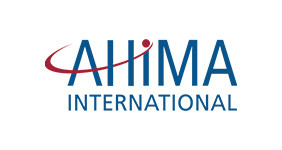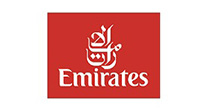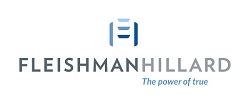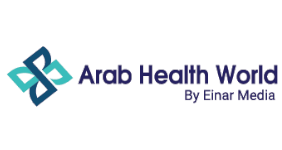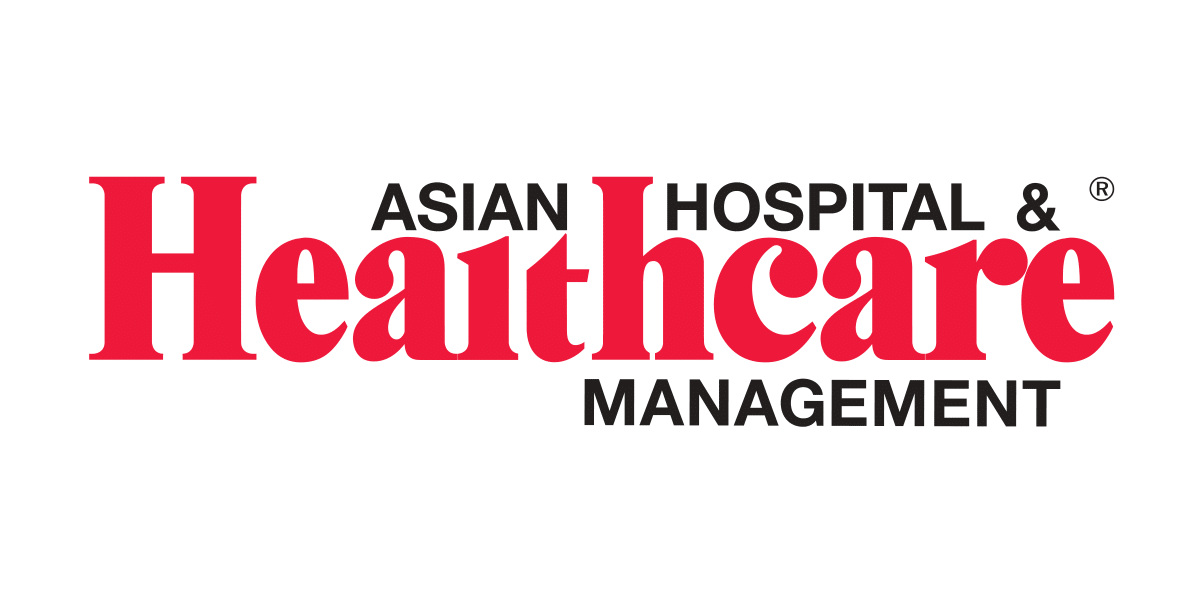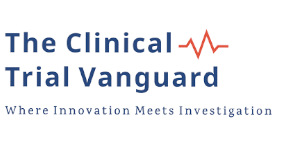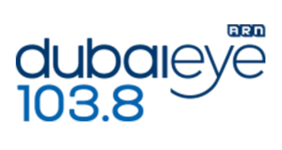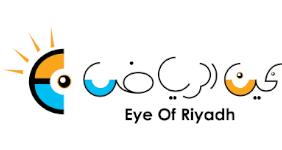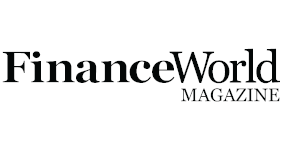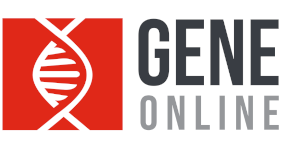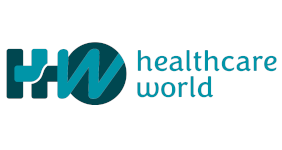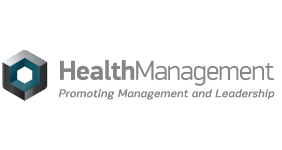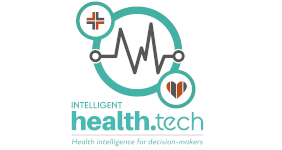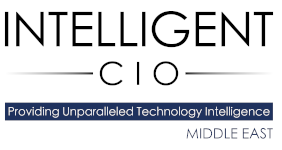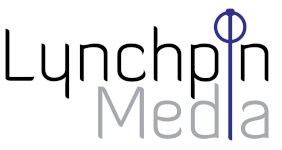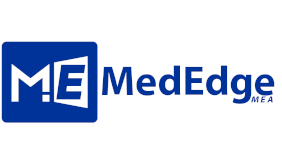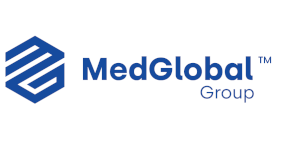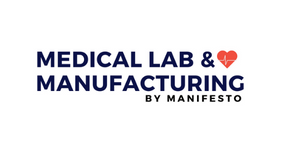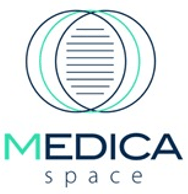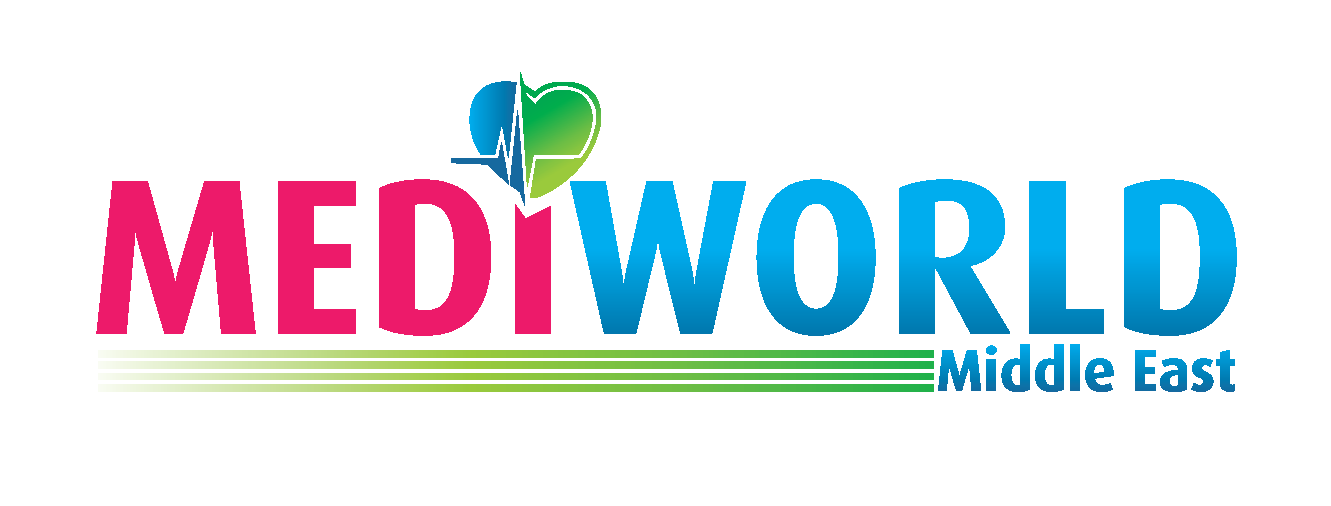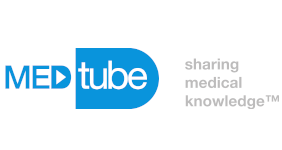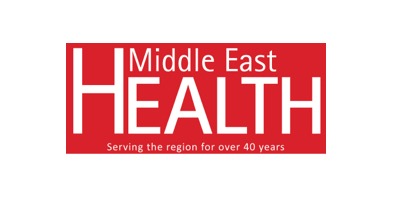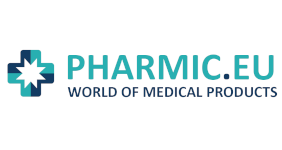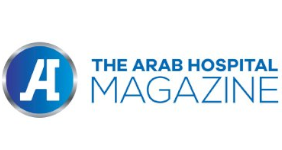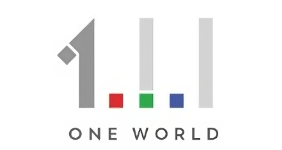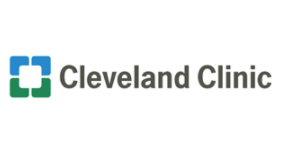Enabling innovation
By Deepa Narwani, Senior Editor
COVID-19 has had a big impact on the healthcare industry, showcasing how health is interconnected with mindfulness and wellness at the same time. Innovation was and is increasingly essential for an effective response to, and recovery from the pandemic, and any future crises from both health and economic perspectives.
Providing a platform for such advancements is GELLIFY, an innovation enabler that invests in B2B software digital start-ups and connects them to private and public organisations with the purpose of innovating their processes, products, and business in a fast and sustainable way.
Headquartered in Italy with offices in the UAE, UK, and Spain, the company offers healthcare providers a variety of technology services that can give them a competitive advantage, as well as accelerate and sustain their transformation journey to the future of healthcare ecosystems through open innovation and digital services.
The firm’s expertise and professional guidance allow companies to focus on their strengths – build strategies and capabilities to take full advantage of advanced technologies such as artificial intelligence, IoT, blockchain, cybersecurity, etc., create end-to-end customer experience journey through digital healthcare platforms, telemedicine solutions, healthcare mobile apps, personal health and wellness assistants, and health-monitoring by integrating data collected with selected wearable solutions.
Massimo Cannizzo, senior advisor in the space of Tech Innovation as well as CEO & Co-Founder of GELLIFY Middle East, told Arab Health: “To face the challenges presented by COVID-19, GELLIFY offered business leaders a crisis response series, which we called “Black Swan”. These are weekly online events where key industry leaders would discuss the challenges and disruptions happening, how to prepare for them and eliminate such downfalls, as well as provide guidance and support. The topics covered the key areas of crisis management across several industries including healthcare, supply chain, technology strategy and road mapping.
“Internally, we faced the pandemic just using digital solutions that helped us at best to execute all our activities from the most operational to the most creative. For a company as digital and as agile GELLIFY, it was easier to have customers aligned to the same approach. This helped to ease the international sourcing of skills. From a people perspective, we increased the opportunities of socialising even virtually among colleagues to keep the “people engagement” high.
The accelerated pace of innovation
According to a recent survey conducted among healthcare executives, over 94 per cent felt that AI, blockchain, and other emerging technologies have accelerated the pace of innovation over the past three years in the field. Healthcare is the most obvious sector to deploy AI & ML, as it generates tonnes of data to be used by the healthcare providers and creates opportunities to improve the quality of products and services by making them more intelligent and tailored to the consumers.
Cannizzo says: “Today, healthcare providers are passionate to deliver innovative services and don’t mind teaming up with start-ups that have the means to deliver innovative tech solutions either by allowing these start-ups to connect to their systems or by creating a customer-vendor type of relationship.
“AI, for instance, requires multiple levels of agreement between the start-up and healthcare company, for processes like security, data privacy, validation of models, liability protections, and ongoing monitoring of progress. The implementation of AI in hospitals also has specific requirements, such as digital agility of the workforce and their ability to work with, the mindset shift from traditional processes to technology unbaled processes, and remote access to the technologies.”
Additionally, he highlighted, IoT technologies are enabling health tracking, Blockchain technologies can help the industry in certifying information, data, products (i.e., medicines), while AI will have various applications. For instance, with AI it is possible to provide diagnostic aids to doctors based on image processing, voice spectrum analysis, tracking wearables etc., but the most important application is the use of machine learning to create semi-real time systems that are able to analyse health factors correlation, discovering root causes of pathologies that were unimaginable to discover in the past using human logic and processing.
Operating in the new normal
To move forward and perform at the new business benchmark levels, it is important to recognise that some areas of businesses simply were not able to adapt to a socially distanced world. For instance, emergency services cannot operate remotely entirely.
Below, Cannizzo lists factors where the healthcare industry will see irreversible changes:
1) Tele-consultations and ecosystem integration will dramatically simplify Primary Care and related prescriptions, therapies booking, home delivery of medicines, remote vitals monitoring, and emergencies tracking.
2) This will reduce the physical presence in hospital and clinics, leaving these spaces more available to more severe cases.
3) This will reduce the travelling of patients from home to the best specialists, which is a great improvement especially for those who are not living in big towns.
4) More healthcare awareness of the people, driven by increased adoption of wearables and health self-tracking attitudes.
5) Increased accuracy and completeness of medical records increasing exponentially the data to be used for the research of new therapies and life sciences.
6) The convergence of the Medicine and Wellness industries into a more patient-centric model will create an open mind to healthcare solutions not limited to traditional medical therapies.
7) The availability of more reliable and frequent data will help the health insurance industry to better control the risks and consequently reduce the premiums.
Window to the future
GELLIFY has partnered with organisations in Europe and the Middle East to build multiple digital healthcare platforms and innovative devices within the portfolio of its start-ups. The company is also planning to open in the headquarters of the Digital Healthcare practice of GELLIFY Group in the UAE, which will govern the firm’s solutions and capabilities that operate internationally.
When asked about GELLIFY’s participation at Arab Health, Cannizzo said the show is a window to the future. “What is presented now as the most innovative product/services are going to become a standard in five years from now, and the best “surfers” will spend efforts now to understand how to “surf the next wave” since the beginning.”
According to him, organisations can benefit from Arab Health to get ahead of the upcoming year’s product needs, as well as get the opportunity to network with key opinion leaders and technology providers, look at what the competition has to offer and build lasting relationships with potentials partners. He stressed that the greatest opportunity at the show would be for young talents and start-ups to showcase their innovations to big names in the market.
“I believe that we are living a very thrilling moment where from one side we are observing an incredible evolution of the human ability to increase the level of health and even longevity. On the other side, we will be facing challenging decisions that will deal with ethical questions related to topics like privacy related to health data, genetic control of disease or artificial extension of human life duration. It will be an unprecedented and historical moment that we are excited to experience and support at GELLIFY,” he concluded.
